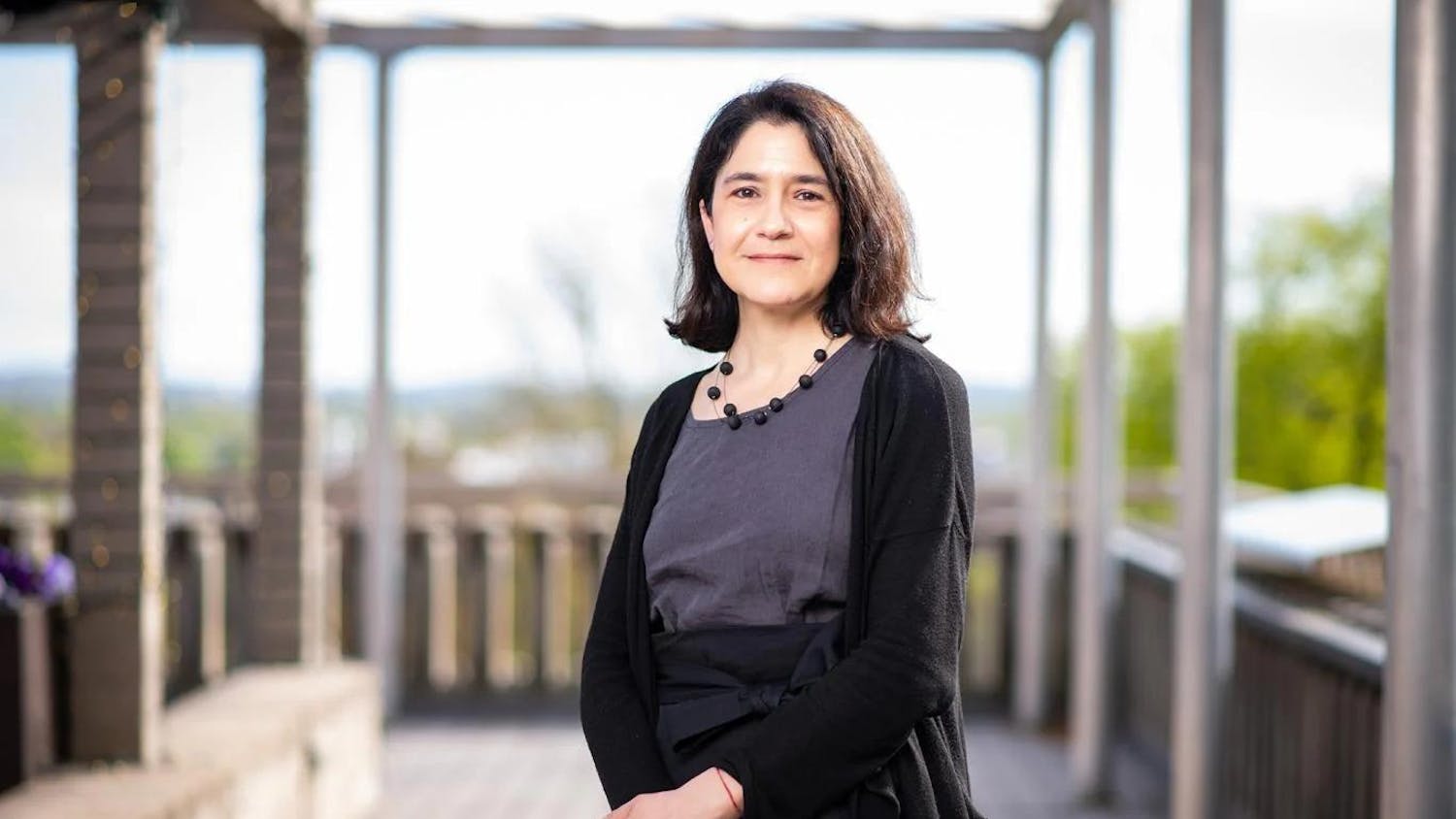Researchers at the Tufts University School of Medicine (TUSM) and the School of Dental Medicine released the results of a study that surveyed caregivers of adults with developmental disabilities (DD), following up on a 2012 study that determined that adults with DD suffer from oral health problems more often than the general population, despite receiving regular dental check-ups.
The follow-up study, published in the Journal of the American Dental Association and titled “At-home oral care for adults with developmental disabilities: A survey of caregivers,” found that many adults with DD do not meet the American Dental Association’s recommendations on brushing and flossing and that many caregivers do not know how to recognize specific periodontal diseases in adults with DD.
The study surveyed a convenience sample of 808 caregivers from September 2011 to May 2012 who brought adult patients with DD to four different Tufts Dental Facilities for Persons with Special Needs (TDF) clinics.
“I think that we as a profession, as researchers, [are] looking at a multi-level research agenda to try and identify risk factors and preventative strategies for oral health, so to bring in the caregivers is part of that larger plan,” John Morgan, associate professor in the Department of Public Health and Community Service at the School of Dental Medicine and co-principal investigator, said.
While most of the caregivers surveyed were paid to provide care, 15.5 percent were family members of adults with DD. Eighty-five percent of patients who still have teeth received oral care assistance from caregivers, according to the study.
Paula Minihan, an assistant professor in the Department of Public Health and Community Medicine at TUSM and principal investigator, said the study’s purpose was to evaluate the importance of at-home dental care, as opposed to only dental check-ups, in maintaining good oral health among adults with DD.
“We’re committed to determining what the risk factors are for dental disease, and also good oral health, that occur outside the dentist’s office,” Minihan said.
Minihan said the research team was particularly interested in the prevalence of brushing and flossing among the adults with DD in the survey. While about 80 percent of patients were brushing twice a day, she explained that only 22 percent of adults with DD in the study were flossing at least once a day, as the American Dental Association recommends and about 45 percent were never flossing.
“Flossing is more complex and takes more time, so that finding really shouldn’t be surprising,” Minihan said. “What these results are showing is that flossing is particularly problematic for adults with developmental disabilities."
The study also found that approximately a quarter of patients had swollen or bleeding gums, about 40 percent had cavities and over 25 percent had bad breath, according to Minihan.
The researchers used a computer-assisted personal interview survey located at TDF clinics to ask caregivers about their experiences with helping adults with DD to brush and floss, according to the study.
“There is very little information about what caregivers’ experiences are with oral healthcare, but there is almost no information about what these issues are for family caregivers,” Minihan said.
Adults with conditions that make it hard to brush and floss need caregivers’ assistance to perform these basic tasks, according to Minihan.
“You don’t think about how hard it is to [brush and floss] if you don’t have use of your arms, or you have an intellectual disability and you don’t understand how important it is, or you have sensory sensibilities so you don’t like brushing or flossing or you’re scared,” she said.
The National Institutes of Health (NIH) funded the study through the Institute for Dental and Craniofacial Research and had intended to follow up after the original report was published in 2012, according to Morgan. Funding was awarded as a NIH grant in collaboration between the School of Dental Medicine and TUSM.
“In this particular grant we chose to break down the silos and work together, because of our realization that the oral health problems affecting people with disabilities require a perspective broader than just dentistry,” Minihan said. “Our aim is to provide data to support a comprehensive approach promoting good oral health."
The TDF clinics offer a unique opportunity to study oral healthcare among adults with DD because the TDF system, which is funded both by Tufts and the State of Massachusetts, is thought to be the only one of its kind in the country, according to Minihan.
“The dentists are specially trained to meet the needs of people with significant disabilities, and because of the state involvement, the clinical services are financially accessible to anyone who’s eligible,” she said.
The TDF clinic system was established in 1976 and serves over 16,000 patients a year.
“Tufts has a long history of providing services for people with developmental disabilities,” Morgan said.
More from The Tufts Daily





